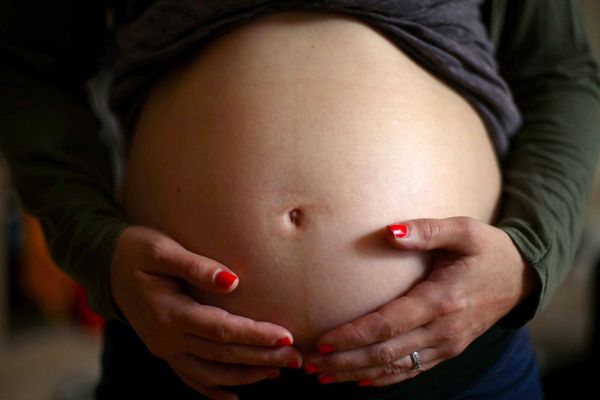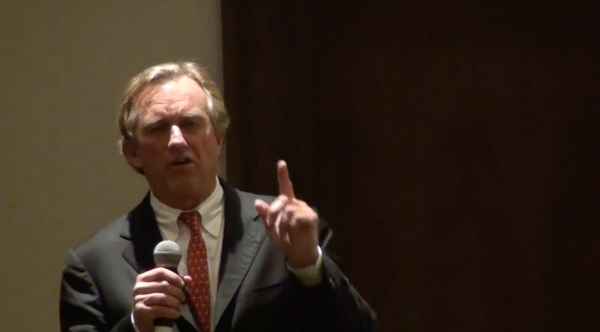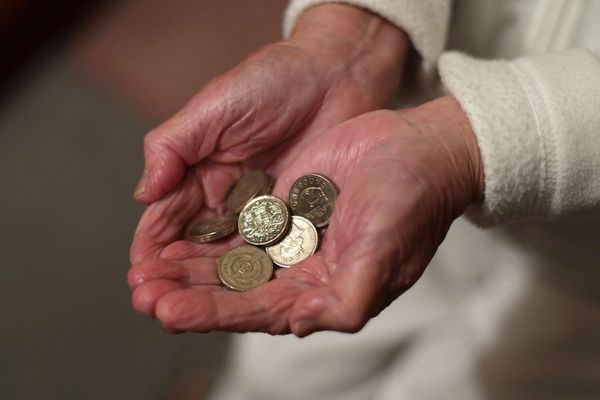
The Ukrainian city of Mariupol has no water, heat or electricity and is running out of food, its mayor said on Friday, as forces battling a Russian onslaught warned they needed reinforcements to help avoid losing control of the strategic port city.
Mayor Vadym Boychenko appealed for military assistance and for a humanitarian corridor to be created to evacuate some of the city's 400,000 residents after five days of bombardment by encircling Russian troops.
"We are simply being destroyed," he said in a televised appeal, describing indiscriminate shelling of residential areas and hospitals.
"They want to wipe Mariupol and Mariupol residents off the face of the earth," he said in a shaky video feed that cut in and out.
Russia calls its actions in Ukraine a "special operation" that it says is not designed to occupy territory but to destroy its southern neighbour's military capabilities and capture what it regards as dangerous nationalists. It denies targeting civilians.
Ukrainian troops are holding the line against the attempted Russian advance on Mariupol, but need significant back-up, said a deputy commander of the Azov military unit, part of Ukraine's National Guard.
"This is the last city that prevents the creation of a land corridor from Russia to Crimea," he said in a post on Azov's official Telegram page, identifying himself by his call sign Kalyna. "Mariupol cannot be lost."
On Thursday, Russia and Ukraine agreed on the need for humanitarian corridors to help civilians escape the fighting, the first apparent breakthrough in talks. But little progress appears to have been made since then on its implementation.
Some Mariupol residents have fled to the city centre to escape the heaviest shelling on the outskirts, said 30-year-old entrepreneur Ivan Yermolayev, who has been sheltering in the small basement of his house in the city and queuing up for water at a local well.
"They're with their children in the centre and hearing the war getting closer," he told Reuters by online message. "There's crying, fear, uncertainty, panic."
(Reporting ny Natalia Zinets, Pavel Polityuk and Alessandra Prentice, Writing by Alessandra Prentice, Editing by Timothy Heritage)







